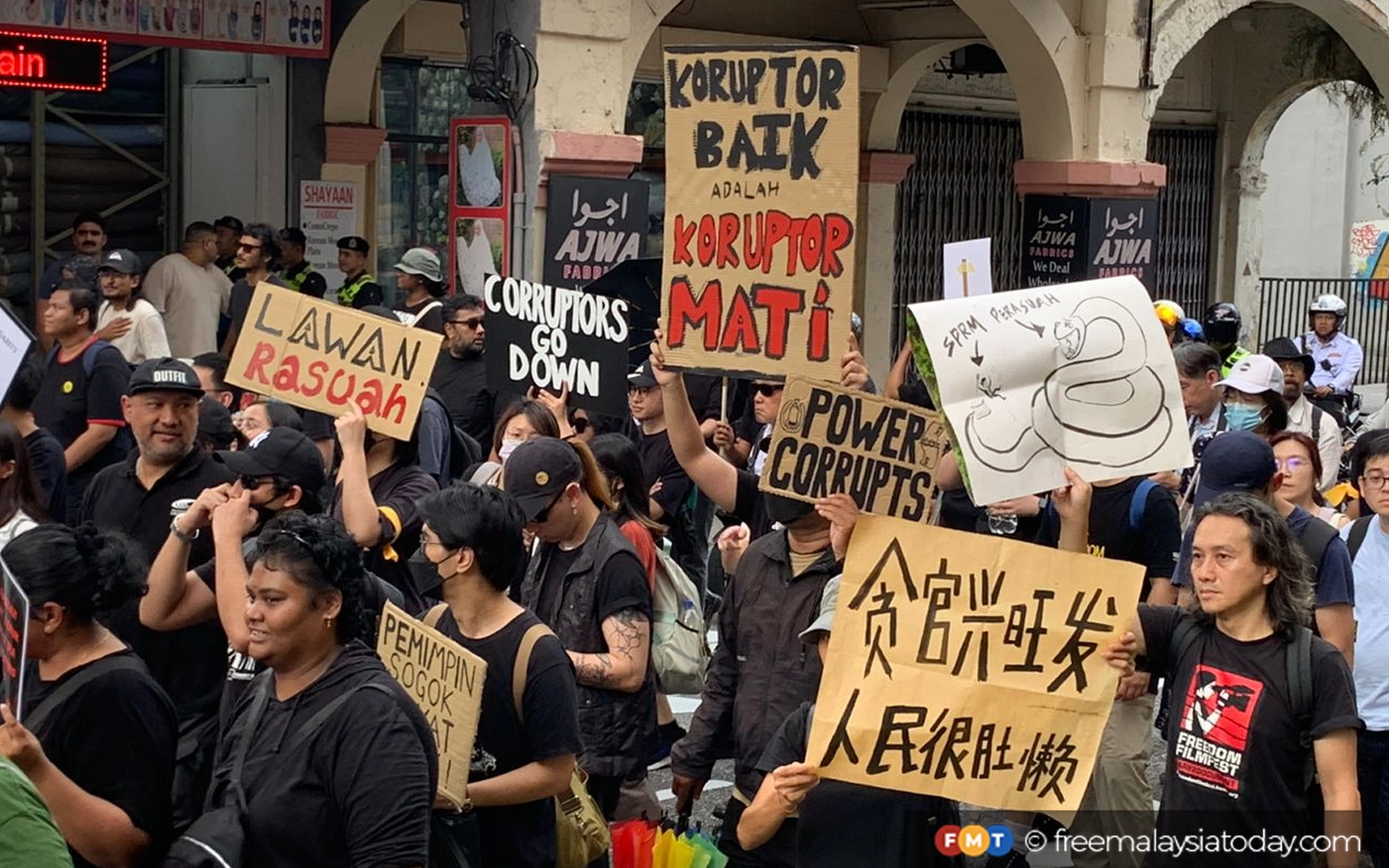By FMT Reporters
Suaram executive director Azura Nasron said Sections 9(5) and 11 of the PAA 2012 had long operated to entrench an authorisation-centric culture where peaceful assemblies were treated as privileges subject to approval.PETALING JAYA: An NGO has called on the government to clarify the nature of its moratorium on legal proceedings under Section 9(5) of the Peaceful Assembly Act (PAA) 2012, warning that ambiguity on the matter could undermine ongoing reform efforts.Suara Rakyat Malaysia (Suaram) executive director Azura Nasron said home minister Saifuddin Nasution Ismail’s remarks yesterday on the moratorium requires clarification.“It remains unclear whether this is a new policy shift or a misstatement of the Cabinet decision that focussed only on Section 11,” she said in a statement.On Feb 13, Saifuddin said the government would place a moratorium on Section 11 of the PAA, which mandates that organisers seek the consent of venue owners or occupants before holding an assembly at a particular venue.He said this was in view of the government’s plan to amend the section.“This means no action will be taken on the organisers of any assembly until the amendments are approved (by the Dewan Rakyat),” he said.Saifuddin said yesterday an amendment to Section 11 would be tabled in the next Parliament meeting.He said his ministry would also examine the Federal Court’s ruling that Section 9(5), which criminalises failure to notify the police five days in advance of holding a peaceful assembly, was unconstitutional.He said Prime Minister Anwar Ibrahim had also enforced a moratorium on any legal proceedings under Section 9(5) of the PAA as part of his agenda to reform the law.Azura said the moratorium must be explicitly announced and fully enforced on all ongoing investigations and prosecutions, until legislative repeal was completed.“The government must not miss this critical opportunity to deliver the ‘comprehensive reform of laws related to the right to assemble’ it has pledged to implement,” she said.She also called on the government to repeal Section 9(5), consult civil society on the amendment, and review other restrictive provisions such as the age limit under Section 4(d) prohibiting those below 21 years old from organising assemblies.“While the move to amend Section 11 of the PAA is necessary, it must not distract from the urgent need to repeal Section 9(5) in full.“Sections 9(5) and 11 have long operated in tandem to entrench an authorisation-centric culture, where peaceful assemblies are treated as privileges subject to approval rather than inalienable constitutional rights.“Amending one without repealing the other leaves the underlying legal framework fundamentally flawed and impairs the development of a culture grounded in the presumption that peaceful assemblies are lawful,” she said.
